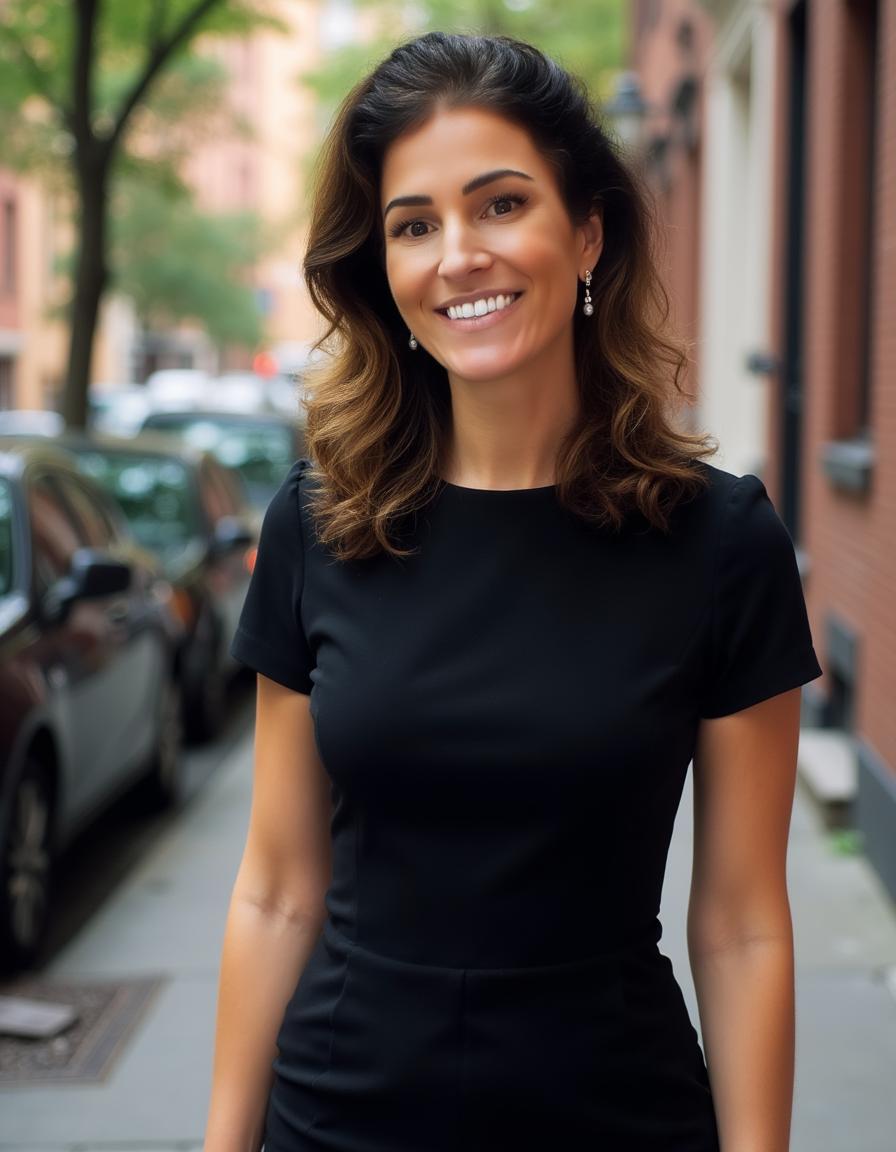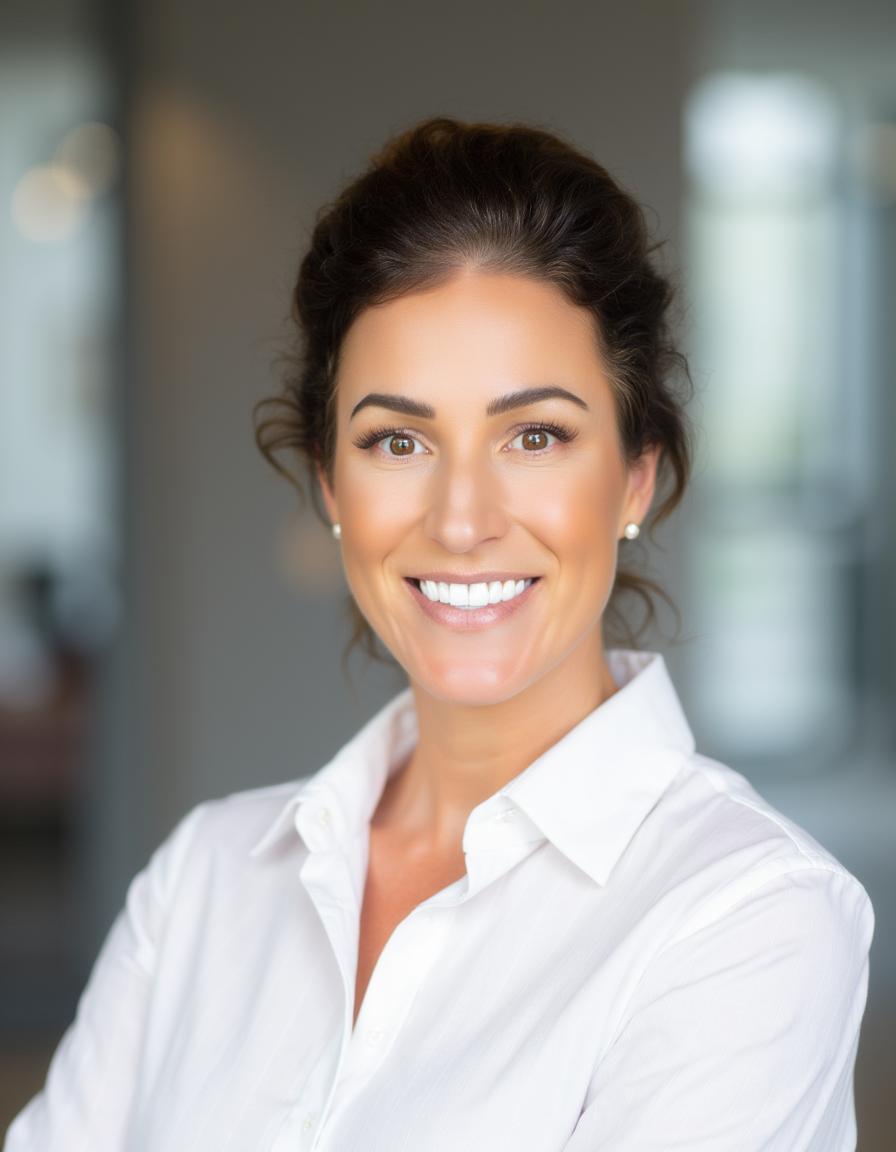The Right Therapist for You
Therapy works best when you feel safe, seen, and understood. Just like we naturally connect with certain friends or teachers, finding the right therapist—someone you feel comfortable opening up to—makes all the difference. Learn more about me to see if we might be a good fit.
A SUPPORTIVE CONNECTION STARTS HERE
Meet Michelle Lehoux
Personality & Approach
Warm, gentle, and deeply client-centered: You lead the way. If you’re unsure, I can offer options, tools, or reflections to help clarify your goals—but the pace and focus are always yours to decide.
Relaxed, authentic, validating and transparent: I don’t show up as an expert or someone with all the answers. I show up as a real person—flaws and all. I believe healing happens when we can be honest, messy, and human together—not when we pretend to have it all figured out.
Insight and forward movement: Therapy can be a place to explore, find clarity, and take meaningful action. Sometimes that means sitting with questions. Other times, it means building practical steps toward change.

Unstructured and adaptive: Rather than rigid techniques, I offer support that adapts to you. Each session unfolds based on what feels most relevant in the moment—whether that’s talking things through, exploring insights, or mapping out next steps. Any strategies or tools we use are chosen together, always with your comfort and goals in mind.
Calm and grounded presence: I offer a steady, supportive space. I don’t use sarcasm, as I know clarity and emotional safety matter—especially for neurodivergent clients. Even so, moments of lightness and laughter often emerge naturally.
Therapy Style
You have this one life—how you choose to live it matters.
Therapy isn’t only about tending to wounds or easing distress. It’s also about reclaiming space for reflection and possibility. It’s an invitation to slow down, to reconnect with what matters, and to begin shaping a life that holds meaning—one that feels more honest, more intentional, and more like your own.
My approach is grounded in person-centered therapy. I believe you are the expert on your own experience, and my role is to offer a compassionate, nonjudgmental space where you can explore, reflect, and grow—at your own pace and in your own way. Healing happens in relationship, and I strive to create a space of warmth, trust, and genuine connection—where you can feel safe enough to show up fully and honestly.
At the heart of my work is a deep reverence for what it means to be alive and human. I don’t see anxiety, despair, or uncertainty as problems to be fixed, but as invitations to explore—part of the natural struggle of making sense of our lives. We won’t bypass what hurts, but we also won’t stay stuck there. Together, we’ll explore what your struggles might be asking of you—and what they might be guiding you toward.
We’ll reflect on your values, your freedom to choose, and the responsibility that comes with shaping a life that feels like your own. Along the way, we’ll also notice your strengths, your resilience, your capacity for joy and your ability to connect. Our work won’t focus only on what’s painful, but on what’s possible: a life that feels authentic, intentional, and deeply aligned with who you are.
Modalities I Use
The “how” of therapy — evidence-based methods
- Solution-Focused Brief Therapy (SFBT)
– For short-term, goal-oriented work that builds on strengths and what’s already working - Cognitive Behavioural Therapy (CBT)
– Focuses on the connection between thoughts, feelings, and behaviours, helping you understand and shift unhelpful patterns
– I also offer structured CBT for specific presenting issues such as depression, anxiety and worry, self-esteem, perfectionism, social anxiety, panic, appearance concerns, health anxiety and more. I offer structured CBT for specific concerns like anxiety, depression, and social anxiety. Click here to learn more about my CBT groups. - Acceptance and Commitment Therapy (ACT)
– To help people build a rich, full, and meaningful life while accepting the pain that inevitably comes with it. - Psychoeducation & Skills-Based Group Work
– For providing structured tools and strategies around self-esteem, anxiety, and emotional regulation
Frameworks That Guide My Work
The philosophies behind my approach
- Person-Centered / Humanistic – I believe healing happens in safe, attuned relationships, and that clients are the experts on their own lives
- Trauma-Informed – I prioritize emotional safety, choice, and awareness of how past experiences shape the present
- Strengths-Based – I focus on what’s already working and help clients build on their inner resources
- Social Justice Lens – I acknowledge the impact of systems, power, and cultural identity on mental health
- Culturally and Developmentally Sensitive – I tailor my approach to each client’s age, cultural background, and stage of life
- Existential – I support clients in exploring identity, meaning, freedom, and how to live with greater authenticity
Education
- Clinical Internship – Student Wellness Services, Queen’s University (2024–2025)
- Master of Arts in Counselling Psychology – Yorkville University (2025)
- Bachelor of Arts in Women & Gender Studies – University of Windsor (2011)
- Bachelor of Education – University of Windsor (2008)
- Bachelor of Science in Biology – University of Windsor (2008)
- Diploma in Early Childhood Education – St. Clair College (2008)
Licenses & Memberships
- College of Registered Psychotherapists of Ontario (CRPO), #18069
- Ontario College of Teachers (OCT), #534543
- Canadian Certified Counsellor (CCC) with the Canadian Counselling and Psychotherapy Association (CCPA), #11252033
- Verified by Psychology Today

Background & Experiences
I grew up in a busy household as the eldest of four children, all very close in age. With both of my parents working full time, I learned early on what it meant to take responsibility, care for others, and adapt to the needs of those around me. These early experiences helped shape my empathy, resilience, and desire to support others.
During high school, I worked as a respite provider for families, supporting children with a variety of needs—including non-verbal autism and physical disabilities. Some of the children I worked with used wheelchairs and needed help with daily living tasks. This experience taught me how to attune to nonverbal communication, honour each person’s dignity, and meet clients where they are — lessons that continue to shape my therapeutic presence today.
While attending university, I was elected to student council for three consecutive terms, advocating for student needs and contributing to campus initiatives. I also founded Delta Alpha Theta, a women’s leadership group that has since grown into three chapters across Canada and hundreds of members—one of my proudest accomplishments. In the summer, I ran the Big Sisters summer camp for teen girls.
My involvement in mental health began immediately after graduation, when I worked for the Canadian Mental Health Association. This experience deepened my understanding of community-based care and strengthened my commitment to increasing access to support and reducing stigma.
For many years, I worked as a French Immersion teacher, supporting students and families across three school boards in Ontario. This role gave me firsthand insight into the challenges families face today—academic pressures, learning differences, parenting stress, and the impact of systemic barriers. I saw how mental health concerns can ripple through a household and affect entire support systems. That experience also opened my eyes to the emotional toll that comes with caregiving and helping roles. I often found myself supporting not only my students and their families, but also my colleagues—many of whom were stretched thin trying to meet the increasing demands of their work.
Before training as a therapist, I worked as a 911 police and fire dispatcher supporting individuals in high-pressure, crisis situations where quick decisions could mean everything. I also worked as a counsellor at a domestic violence shelter, where I supported women and their children as they worked toward safety, stability, and healing.
My time working in refugee and immigrant resettlement offered a deeper understanding of the challenges that come with displacement and starting over. It also deepened my awareness of how trauma, identity, language, and culture shape the healing process. I hold space for the grief of what’s been lost, the complexity of building a life in a new place, and the quiet strength it takes to carry multiple worlds within you.
I also worked as a civilian on a military base, where I came to understand the unique pressures faced by service members and their families—from long absences to high-stakes roles and the quiet toll it can take at home. As the partner of a first responder and former Canadian Armed Forces (CAF) member who served in Afghanistan, I’ve seen firsthand how the demands of service roles can deeply affect both the individual and their loved ones. The impact of trauma—whether it’s from a single critical incident or the slow buildup of chronic stress—can echo through relationships, families, and daily life. I hold space for the invisible weight that so many carry, including symptoms of PTSD, moral injury, and the pressure to hold it all together.
I’m also a mother of two children. I understand the weight of responsibility that comes with caregiving, decision-making, and trying to balance many roles at once. With no nearby family for day-to-day support, I’ve navigated the challenges of parenting while also learning how to care for my own well-being and relationships. These experiences have deepened my appreciation for stress management and the importance of caring for oneself while caring for others.
I’ve also been involved in humanitarian work in Haiti, where I witnessed the effects of hardship and limited access to essential services. My time spent studying in France further broadened my understanding of how our environments shape the way we move through the world.
Through these experiences, I’ve witnessed resilience—both in others and in myself. My understanding of trauma isn’t just academic; it’s personal. Having lived through profound loss and grief, I carry a deep, intuitive sense of how trauma can shape the body, relationships, and sense of self. I bring this insight into my work, creating a therapeutic space where clients can explore, heal, and grow in meaningful ways.
Ready to Book?
Booking a psychotherapy appointment is simple and straightforward through my secure Jane platform. Just choose a time that fits your schedule—no back-and-forth emails needed. Evening and weekend appointments are available. I’m here when you’re ready to begin.
Still have more questions?
Check out my FAQ section for more information or contact me.

